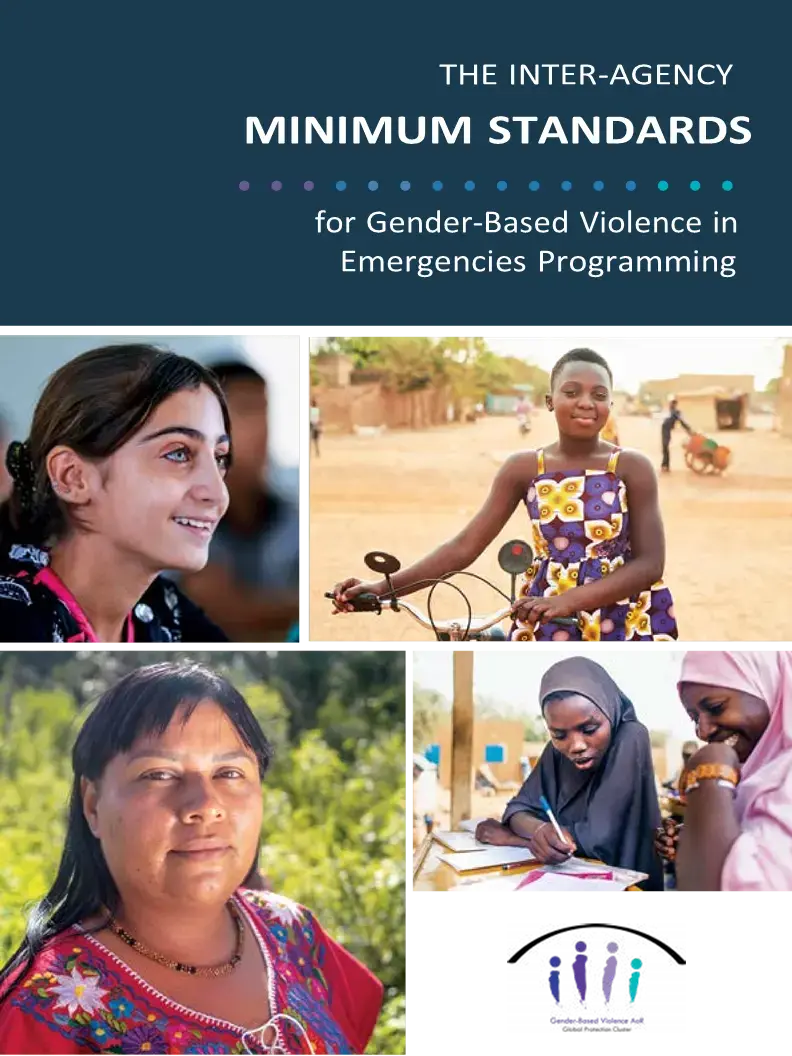Gender-based violence (GBV) is a horrifying reality and human rights violation for women and girls globally. During emergencies, the risk of violence, exploitation and abuse is heightened.1 At the same time, national systems, including health and legal systems, and community and social support networks weaken. This breakdown of systems can reduce access to health services, including sexual and reproductive health services, and legal services, leading to an environment of impunity in which perpetrators are not held to account. When systems and services are disrupted or destroyed, women and girls face even higher risk of human rights violations such as sexual violence, intimate partner violence, exploitation and abuse, child marriage, denial of resources and harmful traditional practices. GBV has significant and long-lasting impacts on the health, and psychosocial and economic well-being of women and girls, and their families and communities.2
The Inter-Agency Minimum Standards for Gender-Based Violence in Emergencies Programming

Publisher
Number of pages
159
Author
UNFPA - SYRIA
Publication
The Inter-Agency Minimum Standards for Gender-Based Violence in Emergencies Programming
Publication date
24 November 2019

